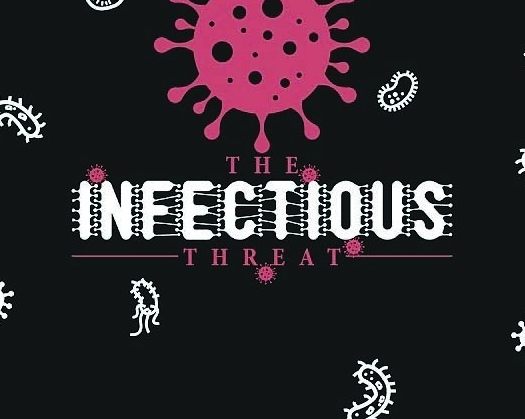Hospital-Acquired Infections (HAIs) or Hospital-Acquired Diseases are on the increase worldwide, resulting in the unnecessary loss of millions of lives. These infections, attributed both to patients' conditions and hospital-acquired infections, pose a significant challenge globally.
However, amidst this concerning trend, a select group of 26 hospitals, including those from both the public and private sectors in Oman, have achieved high rankings in the Patient Safety Friendly Hospital (PSFH) initiative launched by the World Health Organization (WHO).
Although the number of studies on HAIs in Oman is limited, a survey conducted in 2023 shed light on the prevalence of 8.9 cases per 1,000 hospital admissions. It also revealed that males are more susceptible to HAIs than females in that context.
"The achievement of a low incidence of HAIs is a national milestone for the healthcare system of the Sultanate of Oman," the WHO acknowledges.
The WHO's Patient Safety Friendly Hospital initiative is designed to enhance the visibility and implementation of patient safety practices within healthcare facilities.
Moreover, the majority of private hospitals in Oman are accredited by international agencies such as Joint Commission International (JCI), the United States, National Accreditation Board for Acute Care (NABHI), India, or Healthcare accreditation Australia (HAWA).
Remarkably, Hospital-Acquired Infections (HAIs) are now responsible for more deaths than road accidents worldwide. According to the World Health Organization (WHO), out of every 100 hospitalized patients, seven in developed countries and 10 in developing nations, experience at least one HAI. These infections affect hundreds of millions of patients annually, resulting in millions of fatalities annually, as stated by experts.
"Hospital-acquired infections or infections contracted while receiving treatment in healthcare facilities represent one of the most significant challenges we face globally," asserts Dr Mahmood al Rahbi, the Head of Emergency Department at Al Nahdha Hospital.
Each year, millions of patients succumb to mortality or injuries due to inadequate, unsafe healthcare. With an estimated 421 million hospital admissions worldwide annually, and an average of 1 in 10 leading to adverse events, the problem of HAIs persists.
The Ministry of Health (MoH) has established guidelines for infection control, which are implemented across all hospitals. These guidelines include the adherence to hand hygiene, the sterilization of instruments and equipment, and the regular inspection of surfaces, particularly in critical areas such as Intensive Care Units (ICUs), Operating Theaters (OTs), and the taking of cultures for various organisms.
"We are cognizant of the significant impact of HAIs and are diligently adhering to the protocols for their control," states a representative.
"We are proud of our adherence to international standards and protocols, which has contributed to our high ranking in the Patient Safety Friendly Index," adds Dr Dilip Kumar Singvi, a Specialist in Internal Medicine and Head of Infectious Diseases at Burjeel Hospital.
We recognize the enormity of the issue and have consistently adhered to protocols aimed at controlling Hospital-Acquired Infections (HAIs).
According to his expertise, the most prevalent HAIs include Bloodstream Infection (Sepsis), Catheter-Associated Urinary Tract Infections (CAUTIs), Surgical Site Infections (SSIs), Ventilator-Associated Pneumonia (VAP), and Pneumonia and Clostridium Difficile Gastrointestinal Infections.
Dr. Padmakumary, who serves as the Head of Infection Control at Alsalama Polyclinic, champions Oman's national objective of achieving 'Clean Hands and Safe Hands'.
She emphasized that proper hand hygiene stands as the principal and most effective barrier against the transmission of numerous pathogens, including highly contagious viruses such as Covid-19. Furthermore, she highlighted the necessity for health institutions to incorporate staff training in hand hygiene standard precautions, the correct utilization of Personal Protective Equipment (PPE), and public awareness programs into their operational practices.
A significant factor contributing to the prevalence of HAIs is inadequate hand hygiene among healthcare workers, which leads to a classification of these infections as Health Care Associated Infections (HCAIs). Other contributing factors include contaminated hospital surfaces, instrumentation, and inadequate waste management.













